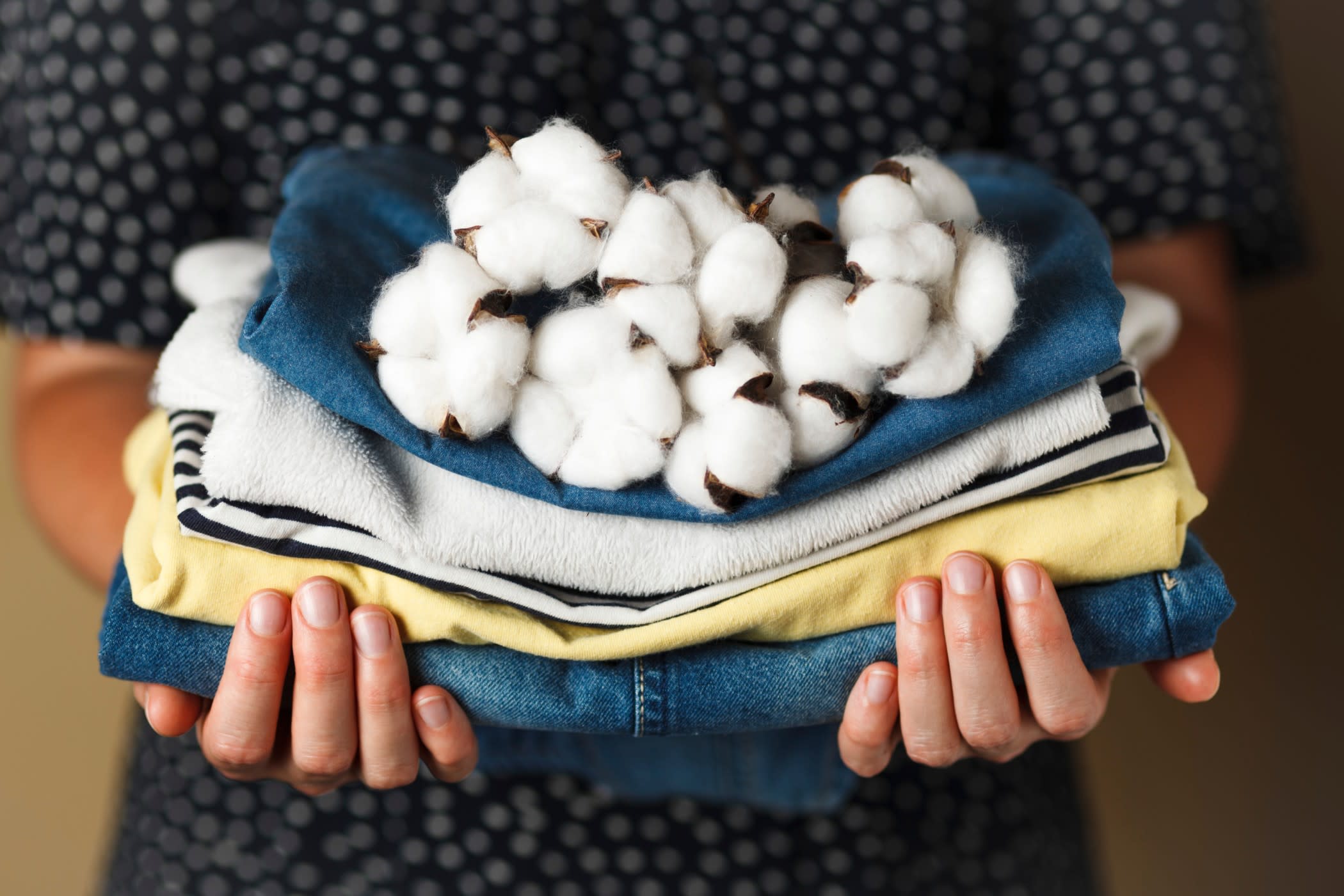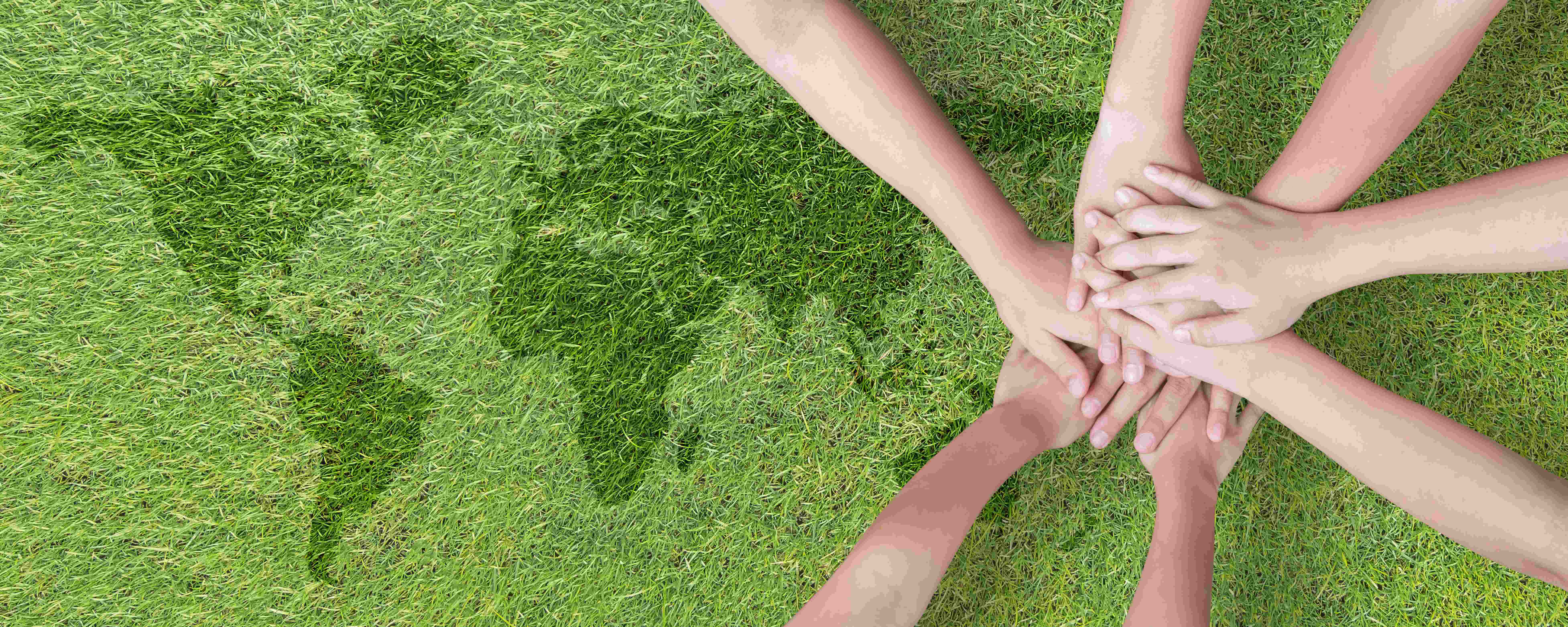9 Environmentally Friendly Packaging Materials

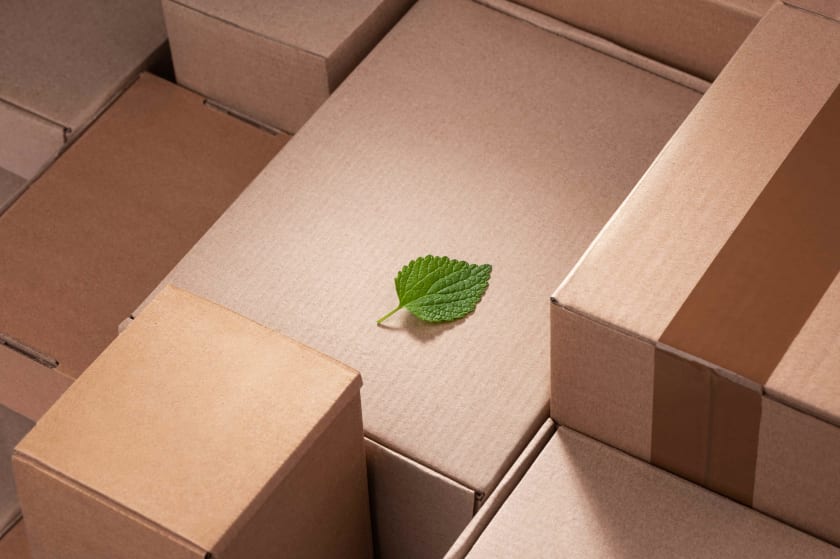

Summary: Going green is, now, a necessity for a clothing and apparel company’s brand positioning and a part of its sustainability efforts. Fashion labels are looking for eco-friendly packaging options to plastic which dominates the warehousing and shipping processes in the industry. Here are 9 environmentally friendly packaging materials.
Fashion brands are increasingly switching to eco-friendly packaging throughout the world. With customers becoming increasingly conscious of their role in the environment and retail giants like Walmart adopting a zero-waste policy in the business, the clothing industry is also including climate-neutral measures in their everyday operations. Eco-friendly packaging tops the list of these companies, which are heavily dependent on non-degradable plastic-based packaging. Before we amaze you with some great sustainable packaging options, let’s understand what environmentally friendly packaging is.
What is environment-friendly packaging?
Packaging materials that can naturally return to the earth without damaging it and without leaving any carbon footprint are known as environment-friendly packaging. These materials are also called green packaging or eco-friendly packaging. They are necessarily sourced from biodegradable components. Moreover, unlike plastics, which take thousands of years to degrade, they break down easily and within 12-16 weeks.
The fashion industry is among the biggest pollutants and has a massive carbon footprint. The fabrics sourced from fossil-fuel by-products end up contaminating the oceanic habitats with microfibers equivalent to a whopping 50 billion plastic bottles every year! Eco-friendly packaging can greatly help reduce carbon emissions and help correct the imbalances in ecosystems and damage to plant and marine habitats precipitated by the unregulated use of plastics.
9 ways to go green with eco-friendly packaging
1. Corrugated cardboard
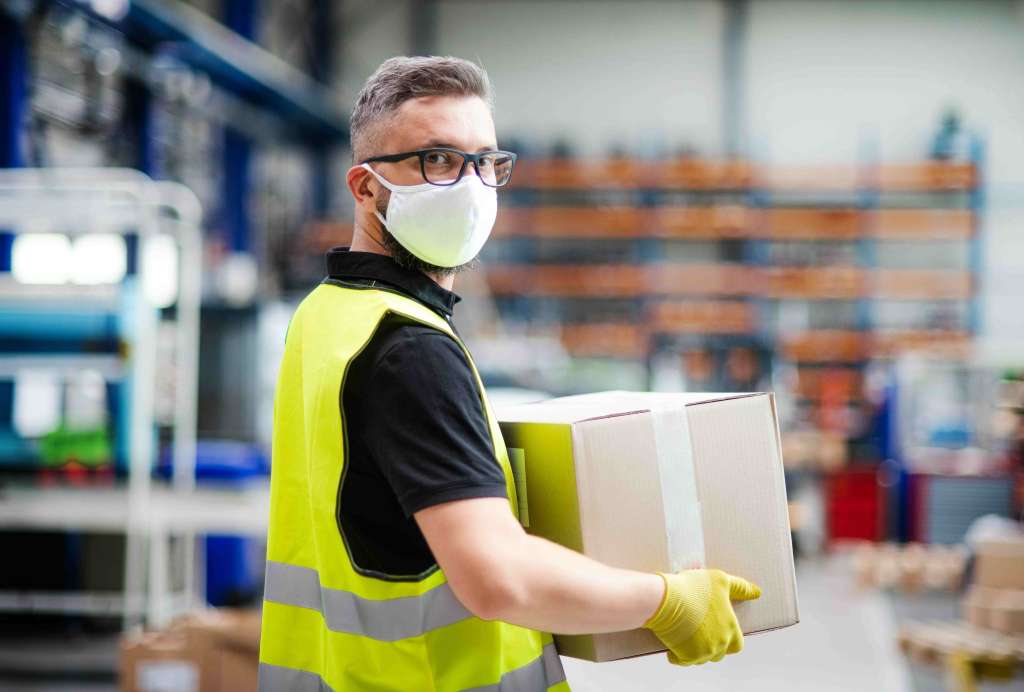
You must have most certainly received packages from Amazon or Walmart in corrugated cardboard. These boxes, although made from recycled wood pulp, can be recycled for use half-a-dozen times or even more. They are completely organic and biodegradable. And, you thought only cats had nine lives!
2. Organic bags
Along with corrugated cardboard, one of the most popular packaging materials, especially when shopping at offline stores, is the good old cloth bag. They are made from organically sourced fabrics such as cotton and silk. The best part is that customers throw away plastic bags but are more likely to keep cloth bags for reuse.
3. Bioplastics
Bioplastics are a very important breakthrough in eco-friendly packaging with properties similar to plastic and polythene. But they are made with plant-based materials. So what changes for the fashion industry? Bioplastics, sourced from sugarcane and bamboo, unlike their evil predecessor, break down into polylactic acid (PLA), making them 100% biodegradable.
4. Compostable packaging
Compostable packaging, like bioplastics, is made with plant-based materials and naturally degrades within 90 days. Brands can even encourage users to invest in composting bins to expedite their breaking down. Composting bins that are compostable are also out on the market!
5. Cornstarch packaging
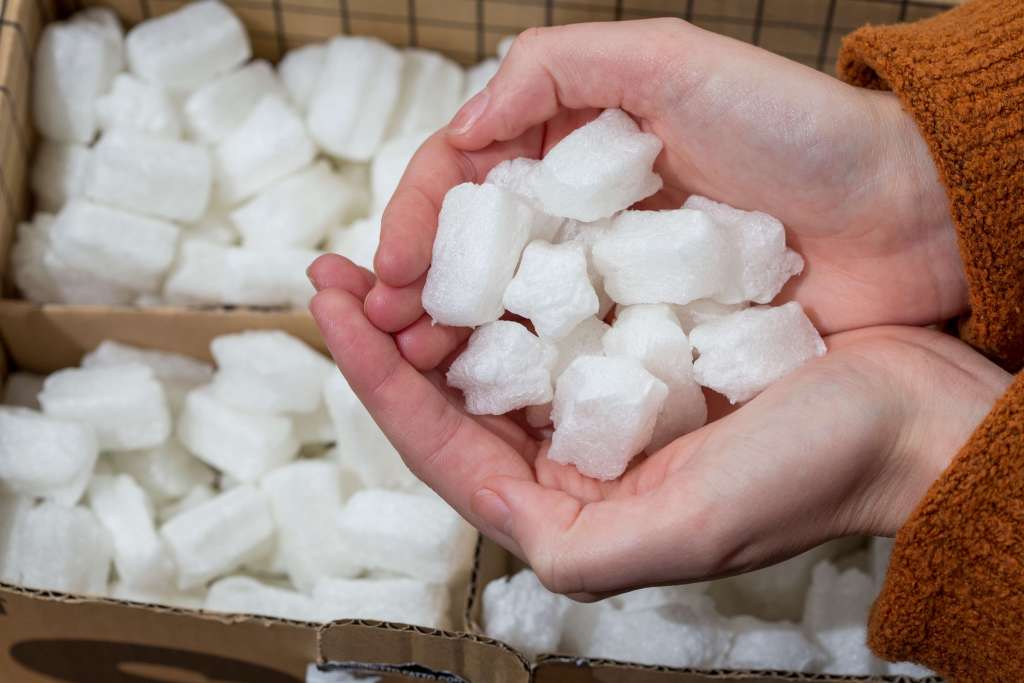
Cornstarch is, literally, everywhere. From food additives and adhesives to dusting powders, this plant-based substance is a universal favorite for its versatility. Now, it has entered the packaging industry. Cornstarch pellets are being used to manufacture non-wood-based packaging material and bioplastics that a fashion department can rely on during shipping.
6. Plant waste packaging
Plant waste is now being converted into packaging material. Imagine the tons of plant waste being dumped every day! The only catalyst they need is mushrooms that contain a binding agent called mycelium. This blend of mycelium and plant waste is being used to create biodegradable packaging material, which also contributes to zero-waste fashion.
7. Seaweed and algae packaging
An inconspicuous element called agar, which is abundantly present in seaweeds and algae, has become the new beacon of hope in green packaging. Agar, when dehydrated, can be molded into eco-friendly packaging products that are completely biodegradable and compostable material.
8. Bio cushioning materials
Cushioning materials such as bubble wraps and thermocol, also called polystyrene, are plastic derivatives that are used for cushioning fashion products in transit. Now, materials made from wheat and barley can be used as fillers in a package to prevent breakage. Cardboard bubble wraps are being used to replace the plastic ones.
9. Hemp packaging
Hemo is not new to the industry. This fraternal equivalent of cannabis contains an eco-friendly polymer, which has found several industrial uses such as in the manufacture of automobiles. Now, plastics made of industrial hemp are being used for shipping fashion products. They are sturdy yet malleable and can be used for packaging high-value make-up and footwear products, besides clothes.
Become future-ready with eco-friendly packaging
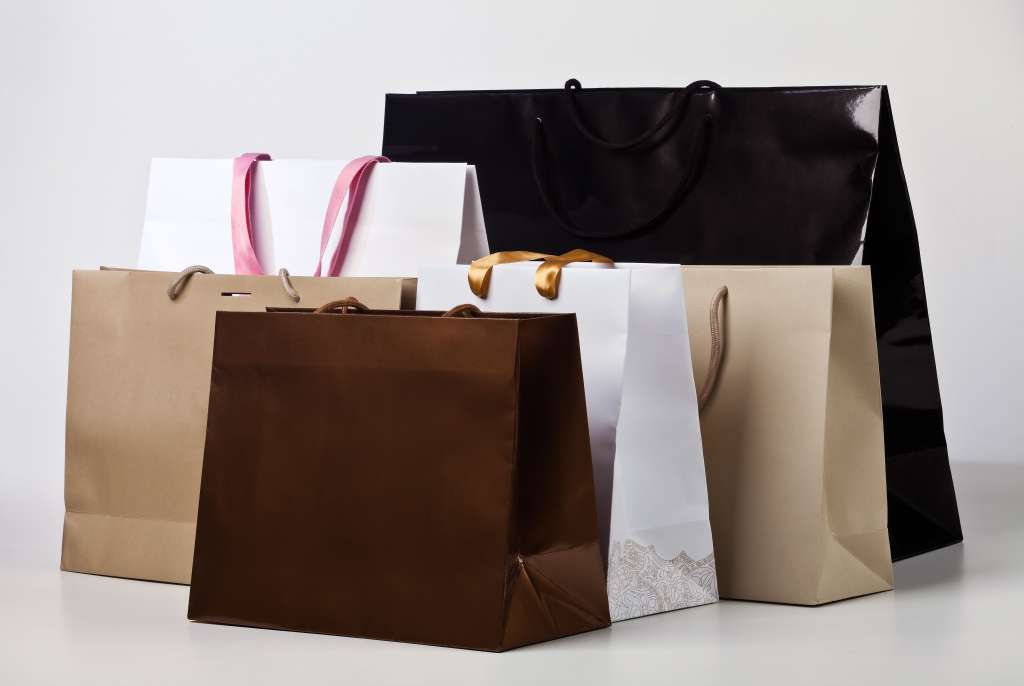
Sustainable fashion is the way forward for clothing and apparel brands. Eco-friendly packaging plays a key role in sustainability action for becoming carbon-neutral. Several fashion labels such as Puma, Zara, and H&M are incorporating eco-friendly and zero-waste packaging solutions. Retail giants such as Walmart are pushing their stakeholders to switch to climate-neutral production and packaging techniques. That is why adopting eco-friendly packaging alternatives is the best way for a fashion brand to become future-ready.
If you wish to connect with suppliers for eco-friendly packaging, Fashinza can help you pick the right option at competitive prices. Visit us for more value-based supply chain suggestions and practices, today!
Key Takeaways
- Eco-friendly packaging is a great step toward reducing the carbon footprint of a fashion brand. It is one of the key elements of sustainable fashion.
- Plastic packaging is damaging to the environment and the brand. It does not break down and continues to destroy marine and plant habitats
- Green packaging solutions include traditional materials such as corrugated cardboard and organically sourced fabrics. Now, eco-friendly packaging is being made with biodegradable materials such as mushrooms, cornstarch, and bioplastics.
















